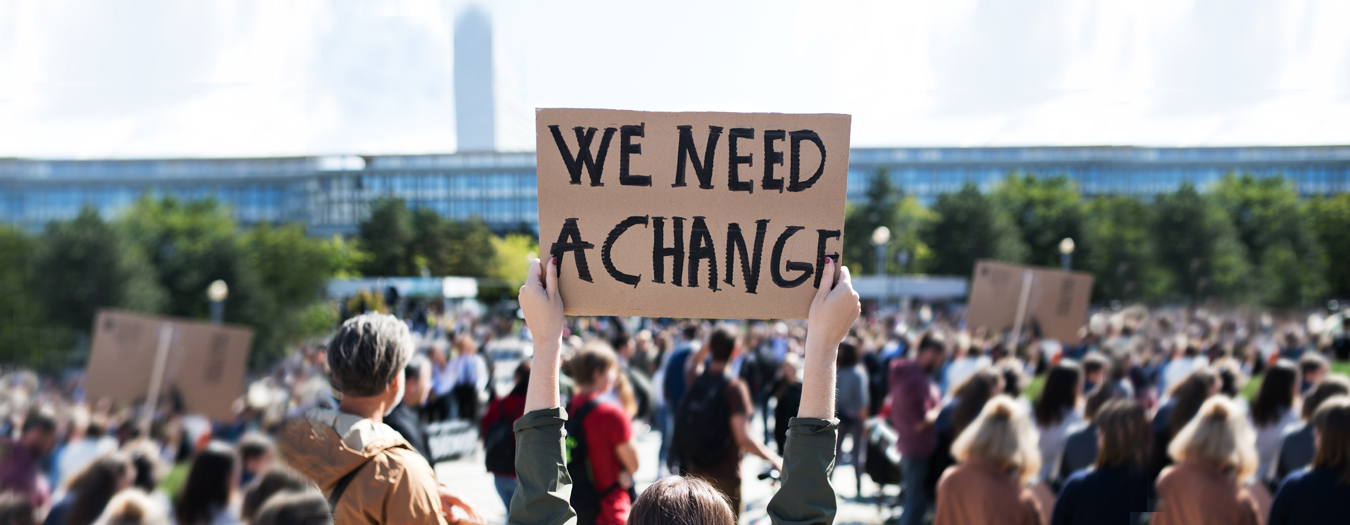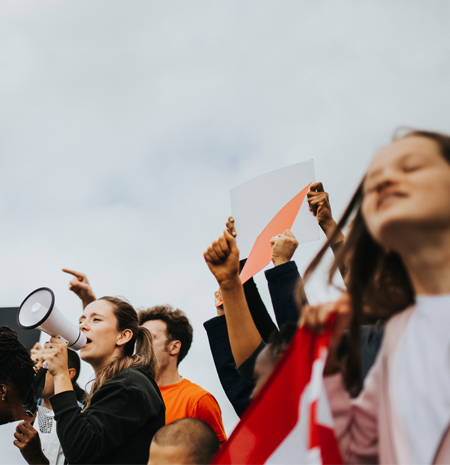
Therapy for Activists
Tell me if you’re familiar with this cycle…
First, you see the need:
How can I sit back in the face of all the injustice and pain?
Then, you feel the passion:
I can and must do something to help!
So, you take action:
I’m saying “yes” to everything! But it’s okay… my passion will fuel me!

Inevitably, things start to falter:
How do I keep moving with this flood of emotions? – empathy, anger, shame, guilt, frustration…
And this leads to conflict with others:
How do I deal with yet another person who thinks I’m a kook or just wasting my time?
Then, the real problems start:
Why am I so reactive? So sensitive? Why can’t I sleep?
And burnout sets in:
I’m sooooo tired. Where did that passion go? Does it really matter that much?
This leads you back to the need:
Of course, it matters! What’s wrong with me that I can’t keep my energy up?

You can’t pour from an empty cup.
Being an activist – being truly committed to fighting for a cause – can be draining.
You are doing more than punching a clock: You’re putting your values, your emotions, your time, and your public image on the line.
You bring ALL of yourself to it.
But the changes you’re making are happening slowly, which means there’s not much immediate gratification to sustain you.
It feels like there are sooooo many mountains to climb.
It’s not your fault that you end up feeling burnt out, isolated, dispirited, and disillusioned.
It doesn’t have to be this way.
I can give you the tools you’ll need to sustain your energy, passion, and COMPASSION.
You will learn to deal with intense emotions in healthier ways. Ditch the reactivity and learn to use your emotions to sustain you.
You will prioritize in a balanced way. You can’t be everything to everyone. Sometimes, the best answer is “no,” so that your “yes” really counts.

You will navigate family, coworkers, and social circles with more purpose. From whom can you get real support? With whom is it best to avoid arguments?
You will discover that genuine compassion for others must start with compassion for yourself. When you have a strong inner caregiver, you have a greater capacity to care for others. Sometimes, this means treating your own trauma first.
You will implement habits that fuel your well-being: exercise, good sleep, and REAL self-care.
You will develop mindfulness of all that is good and affirming. Even the slightest bit of progress can feed you.
Are you ready to fill your cup again?
Because when your cup is full, you’ll have enough to spare for others. You’ll have the fuel to keep fighting the good fight!
A phone call is all it takes to get started!
Find out if I offer what you need during your free 20-minute consultation: (562) 548-8999.
